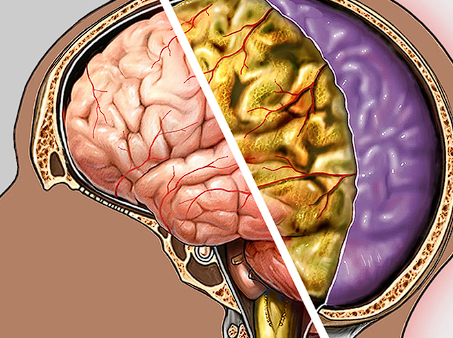WHO Guidelines on Meningitis Diagnosis and Treatment
The World Health Organization (WHO) has introduced its first global guidelines on meningitis. These guidelines aim to enhance the diagnosis, treatment, and care of meningitis. They are essential for reducing mortality and disability associated with this disease. Despite the existence of effective vaccines and treatments, meningitis remains health threat worldwide.
About Meningitis
Meningitis is an inflammation of the protective membranes covering the brain and spinal cord. It can be caused by various pathogens, including bacteria and viruses. Bacterial meningitis is the most severe form. It can lead to death within 24 hours if untreated. The WHO reported approximately 2.5 million cases globally in 2019, with 1.6 million being bacterial cases. This resulted in around 240,000 deaths.
The Impact of Meningitis
Meningitis has deep health, social, and economic implications. About 20% of bacterial meningitis survivors experience long-term complications. These can affect their quality of life. The disease disproportionately affects low- and middle-income countries. The ‘meningitis belt’ in sub-Saharan Africa is particularly vulnerable to epidemics.
New Guidelines Overview
The WHO guidelines provide comprehensive recommendations for managing meningitis in children and adults. They cover diagnosis, antibiotic therapy, supportive care, and long-term management. The guidelines are designed for both epidemic and non-epidemic settings. They supersede previous guidelines from 2014, focusing on outbreak response.
Implementation in Resource-Limited Settings
Recognising the high burden of meningitis in resource-limited areas, the guidelines are tailored for low- and middle-income countries. They are intended for healthcare professionals at various levels, including emergency and outpatient services. Policymakers and health planners can use them to inform education and research initiatives.
Defeating Meningitis by 2030
The guidelines align with the global initiative “Defeating Meningitis by 2030.” This roadmap aims to eliminate bacterial meningitis epidemics and reduce cases and deaths . Key areas of focus include improving diagnosis and treatment, enhancing prevention and control measures, and providing better care and support for affected individuals.
Advocacy and Engagement
Increased political commitment is vital for the success of these guidelines. Greater public understanding of meningitis is necessary. Awareness of prevention, care, and after-care services must be improved. Engaging communities and stakeholders is crucial for achieving the goals set by the WHO.
Month: Current Affairs - April, 2025
Category: Science & Technology Current Affairs







